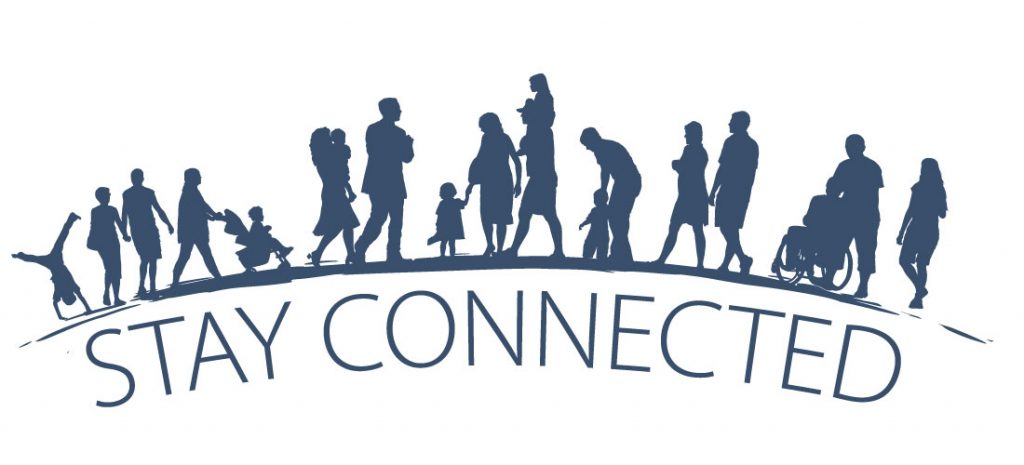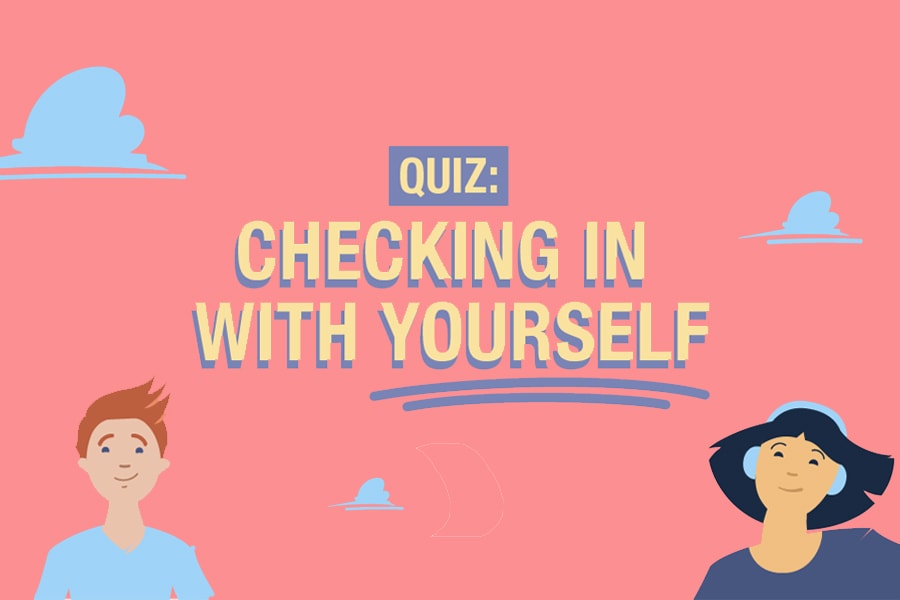Do you know How to Thrive if You Were a Layoff Victim in the IT Industry? Many cryptocurrency startups, Google, Amazon, Facebook, Salesforce, Microsoft, and Amazon: These are the IT firms—big and small—that have been mass-firing employees so far in 2023. Additionally, not only middle management and marketing positions but also analyst and engineer positions are being eliminated. There is no work that is 100% safe, as many of us have learned through experience.
Stressful job loss can leave you feeling uneasy and unsure of yourself. Finding work and finding out how to support yourself without that reliable income can be frightening, whether this is your first layoff (which usually hurts much harder) or you’ve been down this path before. While you search for your next big break, there are lots of innovative alternatives available to you.
Read More: Why Is IT Marketing Important In 2023?
Contents
Prepare for the Worst, Hope for the Best
Update your CV and start looking for alternative opportunities whether you are starting a job hunt out of necessity or because you are plagued with survivor’s guilt and fear that you might be the next person fired. While job board websites like Indeed, ZipRecruiter, and LinkedIn are excellent locations to start your search, you should also consider potential employers and browse their career pages.
If you’re having trouble, look for tech-specific recruiters and get in touch with them. There’s a significant likelihood that these layoffs won’t be the last if the analysts are correct and a recession is actually on the horizon.
Secure your information regardless of whether you get the long or short end of the layoff impact. There’s little doubt that I made the error of creating files on my work Google Drive that ought to have been in my personal account, but fortunately, I had shared them with myself. Make copies to prevent being locked out, and if there are any crucial contacts or emails you want to keep, make copies of those as well because it may be difficult or even impossible to find them after being laid off.
Check Your Benefits

Unemployment insurance was the last thing on my mind when I lost my job earlier this year, which may seem apparent to some. The eligibility requirements for claiming benefits, as well as their duration and amount, vary by state in the US. For instance, in New York, you must have worked for two quarters in order to be eligible for unemployment benefits; the highest weekly payment is $504 and the benefit period can run up to 26 weeks. You’ll probably get less in Florida, where the allotted time to file for unemployment insurance is 12 weeks.
The amount here is likely certainly much lower than what many of us in the tech industry are used to make, but it’s better than nothing. Also, a lot of programs let you work as a freelancer in between jobs, and that revenue won’t affect your weekly benefit, so you may use unemployment as a kind of foundation.
In the US, you can find out your state’s policies and submit an application online or over the phone by using this Unemployment Benefits Finder. If you received a severance package, you should be aware that you might not be eligible for benefits until your severance has run out. You can file for benefits the day you are let go.
Check Your Insurance

Being laid off is already stressful, but in the US, health insurance is frequently linked to your job. This is especially distressing if your plan covers dependents. According to the law, your employer is required to pay your premiums until the end of the month in which your work ends, but that period of time can pass rapidly, especially if you are fired just before the end of the month.
To find out how long your group rate will be accessible to you if your benefits included health insurance, research COBRA (the Consolidated Omnibus Budget Reconciliation Act of 1985). About a week after being laid off, you should receive a package in the mail that details your eligibility for the plan, the entire amount of your premiums (which is often approximately double what you were paying previously), and how long you can be covered under it.
In order to prevent your coverage from ending before you find a new job or a new insurance plan, make sure you complete the necessary documentation. Some businesses will pay your premiums for a protracted period after your employment has finished.
Using our Plan Finder, you can also research the state-sponsored insurance programs that are offered to you. The programs differ from state to state and are highly influenced by your financial situation. For instance, I was eligible for a $40 monthly plan with a $0 deductible and an excellent doctor network when I was an adjunct professor making less than $30,000 per year.
Nevertheless, now that I require a family plan that considers both my income and that of my domestic partner, our plan’s benefits actually cost more than my COBRA insurance, had worse rates, and had a smaller doctor network. Verify your eligibility for any available plans, but don’t be shocked if keeping your current group rate is more advantageous and affordable.
Finally, watch out for healthcare scams. After I was fired on a Friday, by the following Monday, my partner and I was both getting a tonne of calls offering “plans” with premiums that seemed too good to be true. This is due to the fact that they were promoting Multiplan, a “network provider” rather than insurance. Investigate the plan, read reviews, and get in touch with your doctor to see whether they are aware of it. And hang up the phone if anyone wants you to include a credit card number with your application for coverage. It is a con.
Consider Freelance and Contract Work
It’s time to cast a wider net by exploring freelancing and contract jobs after you’ve secured your benefits, updated your resume, and sent it to your top 10 or 20 job opportunities (and a hundred more for good measure). Although many businesses still require assistance, the current state of the economy makes hiring full-time employees more difficult.
You can start by searching for part-time jobs on LinkedIn, Indeed, and ZipRecruiter before contacting businesses directly.
According to Katherine Cordova, a people operations specialist located in Florida, “we frequently don’t get the luxury of time to examine what we want and to be present.” The ability to adapt to our surroundings and be adaptable, she continues, “I think is also beneficial for navigating these ups and downs.
” I had no prior experience with cryptocurrency when I was employed at an NFT marketplace in 2021, but I accepted the position because it seemed fascinating and I was eager to leave the academic world. I’m thankful for the experience today, but I’m also eager to consider my options for the future.
Ask for Help
I am aware that telling individuals you have been laid off might be nerve-wracking. Layoffs are sometimes accompanied by a great deal of shame but avoid falling into that pitfall. Keep in mind that you weren’t fired or let go because of your performance; rather, you were laid off because of market conditions and/or poor managerial decisions. In my opinion, people are much more helpful and sensitive to those in our situation than they would be if we were employed and seeking for a new job.
Don’t be afraid to request connections from friends and coworkers and to participate in informational interviews. Inform the top Twitter users in your industry about your predicament by sending them a DM. I can’t even begin to count how many times I’ve chatted with a seemingly random LinkedIn acquaintance or asked a friend of a friend of a friend for career advice, and either immediately received a freelance opportunity or subsequently crossed paths.
If not merely for networking purposes, get in touch with coworkers who might have also been laid off at the same time to see if anyone is aware of a mutual aid fund for you all that can help.
The power of networking allows people to find possibilities both now and in the future. Get out there, make inquiries, and demonstrate your abilities. And start networking today to get ready for your next layoff (because let’s face it, it might happen again).
He Noncompete Problem
My mentor assured me that I would be alright when I finally worked up the confidence to inform him that I had lost my first full-time job after graduating. He also advised me to research my prior company’s main rivals to find out what positions and skill sets they were seeking.
Use these Investopedia guidelines if you’re unsure of what your former employer expects of you because many IT and finance companies include some form of non-compete language in their separation agreements. They can also provide clarification if you have access to a lawyer, which we understand is challenging if you’ve recently lost your job.
To make sure that enough time has elapsed before laid-off employees start a new job and make any knowledge they may have obsolete, severance is occasionally combined with the non-compete.
In any scenario, be cautious about the positions you are applying for and whether they infringe on any terms of your contract. Go for the moon if you don’t have a non-compete. If so, save the career pages of a few companies for later.
Stay Connected

Losing contact with folks you used to chat with weekly or even daily is one of the worst aspects of losing a job. Many professional contacts can develop into friendships or other types of relationships, which can make keeping in touch after a layoff uncomfortable. Get in touch with those who were laid off at the same time as you if you’ve been laid off.
With my old coworkers, I set up a WhatsApp group chat where we can discuss encouragement and job chances. Because networking is crucial and you never know where individuals may wind up, I also made a point of getting in touch with former coworkers who are still employed by the company. In the event that they go on to another organization, you might be their first referral, or vice versa.
Also, keep in mind that your social network is a valuable resource. Many of my Twitter pals welcomed me after I lost my job and offered assistance, connections, and writing chances. In fact, @groovieth, a Twitter friend with whom I follow but with whom I have not yet communicated, suggested to me that I make a thread with all of my and my coworkers’ profiles to share with the Web3 community. This is a fantastic approach to gain attention and, ideally, a DM from a potential employer or collaborator was given the strength of social ties in IT in general and the crypto sector.
Read More: The Furniture and Home Decor Industry in 2022: What to Expect
Check In With Yourself

Layoffs are difficult, and they are accompanied by mixed feelings. After mine, I had a range of emotions, including sadness, rage, betrayal, exhilaration, fear, and relief. I struggled with feeling underappreciated and was concerned that I was flawed for not being chosen.
I questioned Luis Casillas, a software developer in Mexico, about the worst experience he had after losing his job. He describes it as “basically the surprise of it.” “It stinks not knowing, and I believe a little heads-up would’ve been much better.” Regrettably, layoffs frequently result in the cancellation of entire projects, the stripping down of entire departments, and the reduction of individuals to salaries on a spreadsheet. Names occasionally transfer from one list to another, which makes it extremely harder for leadership to communicate clearly.
Reach out to a friend, a family member, or a therapist if you’re having bad sentiments so you can work them out. Give them a hug or go out for coffee if someone you know was recently laid off. Changes are challenging, especially ones we are not prepared for, but everything is achievable with the right support network.
Before you begin your next job search, give yourself some emotional breathing room. “I started by allowing myself to be sad and furious and to feel those emotions fully. After that, acceptance came, recalls senior product designer Monica Ma of California. “My advice is to see this shift as a gain rather than a loss. Our jobs have been lost, and this is awful. We’ve gained a lot, though. We’ve got a chance to refocus, recalibrate, and redefine what we want to do in our next professional chapter in addition to temporary independence.
When you leave a job, especially one you loved, it makes logical to feel sad. Nevertheless, Monica kindly reminds me that “if we alter our emphasis, uncertainty becomes a big resource,” and that’s precisely what a lot of us in tech are currently working through, collectively.
In order to provide readers of WIRED with a specialized job marketplace, WIRED has partnered with Jobbio to launch WIRED Hired. Anybody may search and apply for hundreds of employment openings on WIRED Hired, while businesses can post open positions there. Neither this story nor any editorial content is produced by Jobbio.



